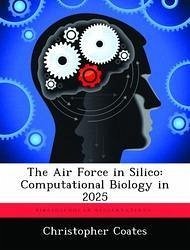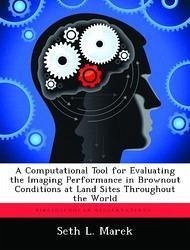Nicht lieferbar

The Air Force in Silico: Computational Biology in 2025
Versandkostenfrei!
Nicht lieferbar
The biological sciences have experienced remarkable advances in the recent past and there are frequent claims that "we are on the advent of being able to model or simulate biological systems to the smallest, molecular detail." Such a capability, the product of a science known as computational biology, could radically change health and life sciences and might have enormous impact in many fields, including defense and the military. This study addresses the questions of whether or not computational biology will be able to simulate biological systems by 2025, and what the implications are for the ...
The biological sciences have experienced remarkable advances in the recent past and there are frequent claims that "we are on the advent of being able to model or simulate biological systems to the smallest, molecular detail." Such a capability, the product of a science known as computational biology, could radically change health and life sciences and might have enormous impact in many fields, including defense and the military. This study addresses the questions of whether or not computational biology will be able to simulate biological systems by 2025, and what the implications are for the USAF. An examination of current capabilities and limitations leads to a prediction that computational is unlikely to be "mature" by 2025. Nevertheless, the USAF stands to profit from the effects of computational biology, even though its application will be limited to certain well understood models. Successful computational solutions are more likely to be found to biological and health problems that exhibit certain identified characteristics. A risk analysis and recommendations for USAF involvement are provided, based on likely progress of computational biology over the next 15 -20 years.










